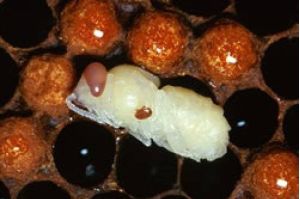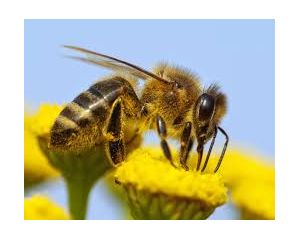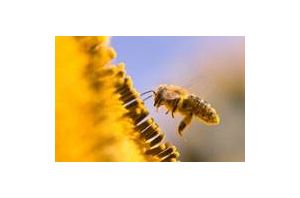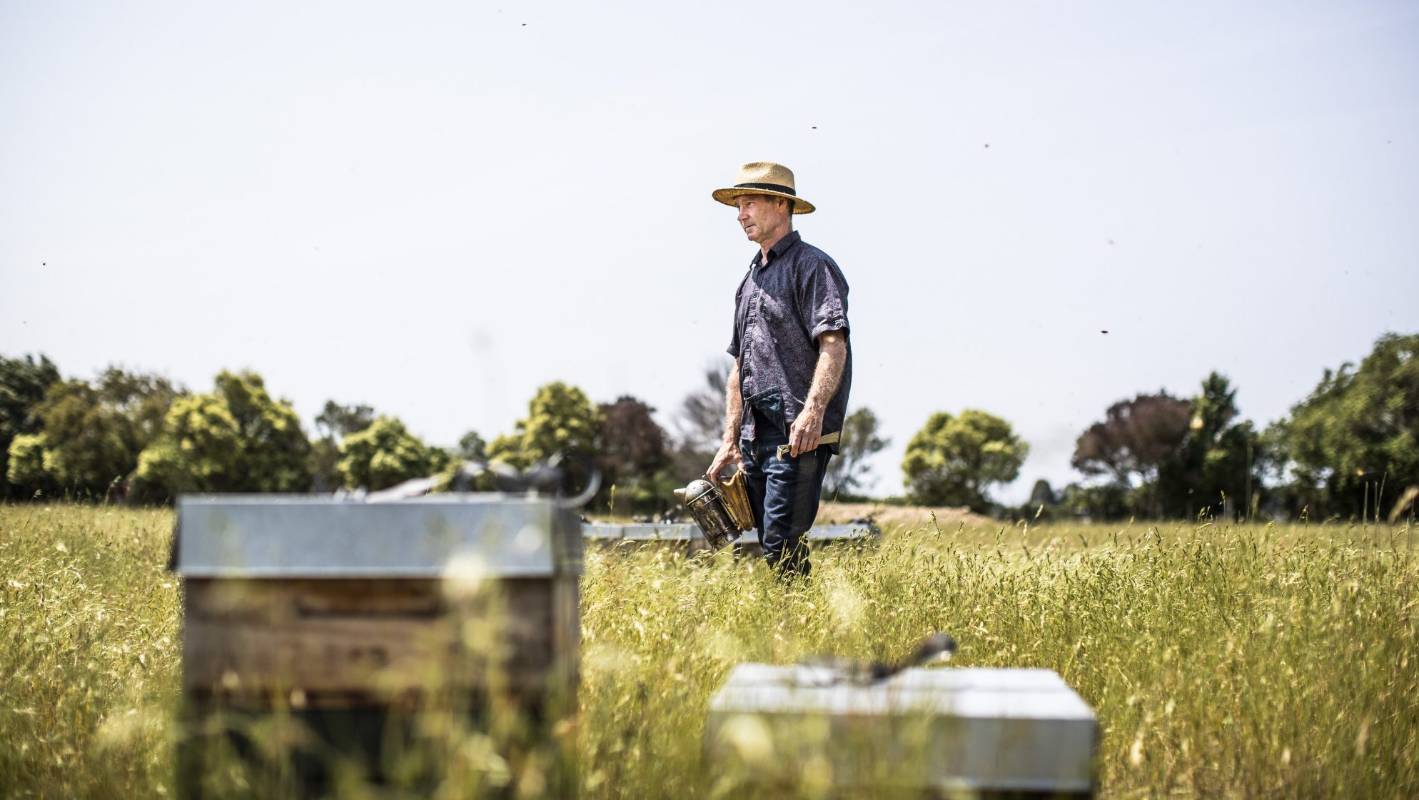New Zealand beekeepers have a bitter sweet challenge as an abundance of honey causes prices and jobs to drop.
The price of honey for New Zealand suppliers has decreased significantly in the last year causing some beekeepers to go out of business and others hoping that consumers see the positives in honey not brandishing the valuable mānuka label.
Nelson's Mountain Valley Honey owner Murray Elwood said many honey producers were selling their honey at $3.50 to $4 a kilogram to packers while the "sustainable level" was between $8 and $10.
"That's how much it costs to produce it, so you're living quite thin if you're selling it at $8 or $9 a kilo."
"A number of beekeepers have gone out of business this year and will go out of business in the coming season."
New Zealand had more honey than it needed, he said, which was largely due to recent Ministry for Primary Industries (MPI) changes to mānuka honey regulations.
Before MPI introduced regulated mānuka standards in December 2017, mānuka could be blended with other bush honeys to extend the volume sold. The strict classification meant a surplus of honey which would originally have been blended with mānuka.
Some big packers were taking advantage of the situation and saying, "We don't really want the honey but if you do want to sell it then we'll buy it at a very low price", Elwood said.
Apiculture New Zealand chief executive Karin Kos said prices had dropped as much as 25 to 50 per cent on the previous season.
"It is currently a very difficult time for beekeepers."
But she said it was a temporary speed bump.
"Long-term global demand for health and welfare products is very positive and New Zealand has superb high quality honeys. We need to work on how we tell that story across other native and monofloral honeys, not just mānuka."
Mānuka honey regulations were just one factor pushing up the supply of honey in New Zealand.
Nelson Beekeepers Club president Ian Henbrey said there had been an increase in the number of beekeepers and beehives, "so the whole beekeeping industry has become quite competitive".
He said while the boost in bees didn't help the honey businesses, it was good news for the bee population.
"In all other countries around the world, the number of bee hives is falling as the environment becomes more contaminated with pesticides and herbicides and fungicides. The environment is becoming more contaminated and with climate change and all the other stresses that are put on the insect world, honey bees, just the same as all other insects, are declining in numbers."
Beekeepers have gone out of business this year and will go out of business in the coming season," warns Murray Elwood.
But he said New Zealanders were doing their bit to protect the pollinating insect.
"People are getting into beekeeping because it's kind of becoming trendy or people are becoming more aware of the need to protect the environment."
Honey bees were responsible for a variety of products including wax, propolis which was used in toothpaste and lozenges, royal jelly and bee venom used in beauty products, pollen used as a health food and the sweet spread, honey.
Consumers might already see the price slump reflected on the grocery shelves.
Supermarket company Foodstuffs, owners of the Pak 'n Save and New World chains told Stuff in March that honey prices would soon drop.
Foodstuffs spokeswoman Antoinette Laird said there had been a 10 per cent price reduction from suppliers.
"This takes a little while to flow through to shelf, as current stock sells through, but as usual we will be passing these savings onto our customers.





